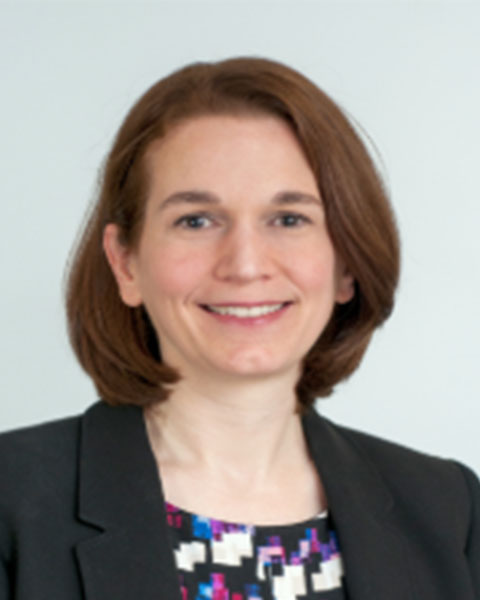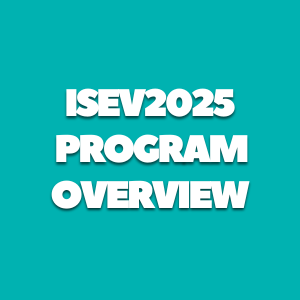
Shannon Stott
Krantz Family Center for Cancer Research, Massachusetts General Hospital/ Harvard Medical School, Boston, MA, United States, United States
Professor Stott is a Mechanical Engineer that has been working at the interface of technology, imaging and medicine. She has an extensive background in microfluidics, optics, tissue engineering, biopreservation, with a focus on their applications in clinical medicine and cell biology. As a postdoctoral fellow, she co-invented the herringbone circulating tumor cell chip (HBCTC-Chip) a device that can successfully capture cancer cells circulating in the blood of cancer patients. The Stott Laboratory continues to isolate rare cancer cells from blood, but has also expanded to develop new technologies for the isolation of tumor-specific extracellular vesicles. Manipulating fluidic flows for isolation and separation of biological components has been a hallmark of her work and recent efforts utilize nanofluidics to separate nucleic acids based on size. The overriding goal of the Dr. Stott’s work is to use these technologies and techniques to improve patient lives through early diagnosis and a greater understanding of how cancer spreads and kills. Dr. Stott has a particular interest in brain tumors and the potential impact of a blood biopsy for adult and pediatric patients. Dr. Stott has 11 patents issued or pending, and her research has been highlighted in Nature, Science, ABC News, CNN, MIT Technology Review and many other news outlets.
Disclosure information not submitted.
Presentation(s):
-
Microfluidics & emerging technologies
Wednesday, April 23, 2025
14:30 - 14:55 CET -
Mixed Format: SNEV Meet the EV-experts Session II: Analysis, Reproducibility and Application
Friday, April 25, 2025
13:30 - 14:30 CET

